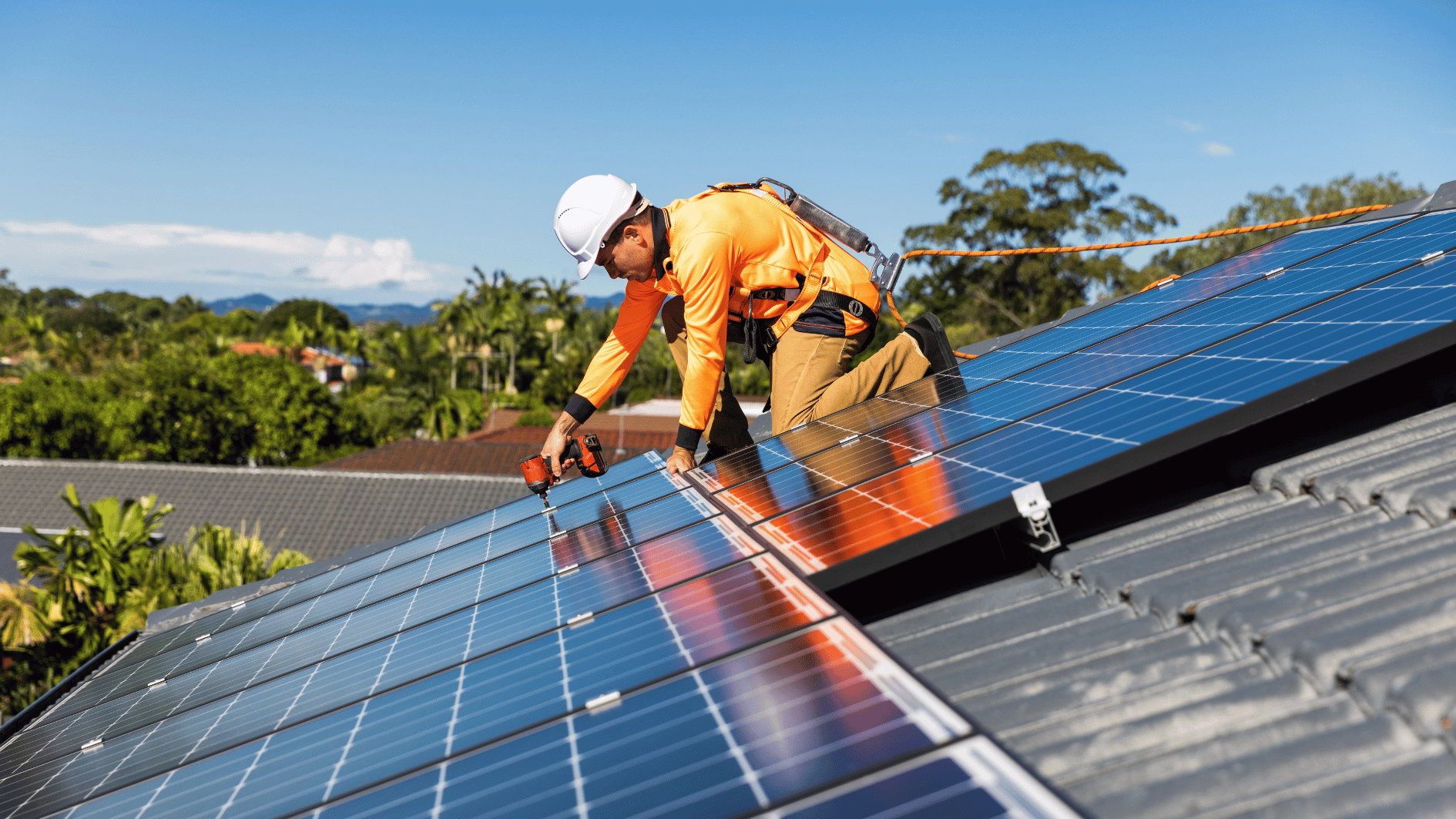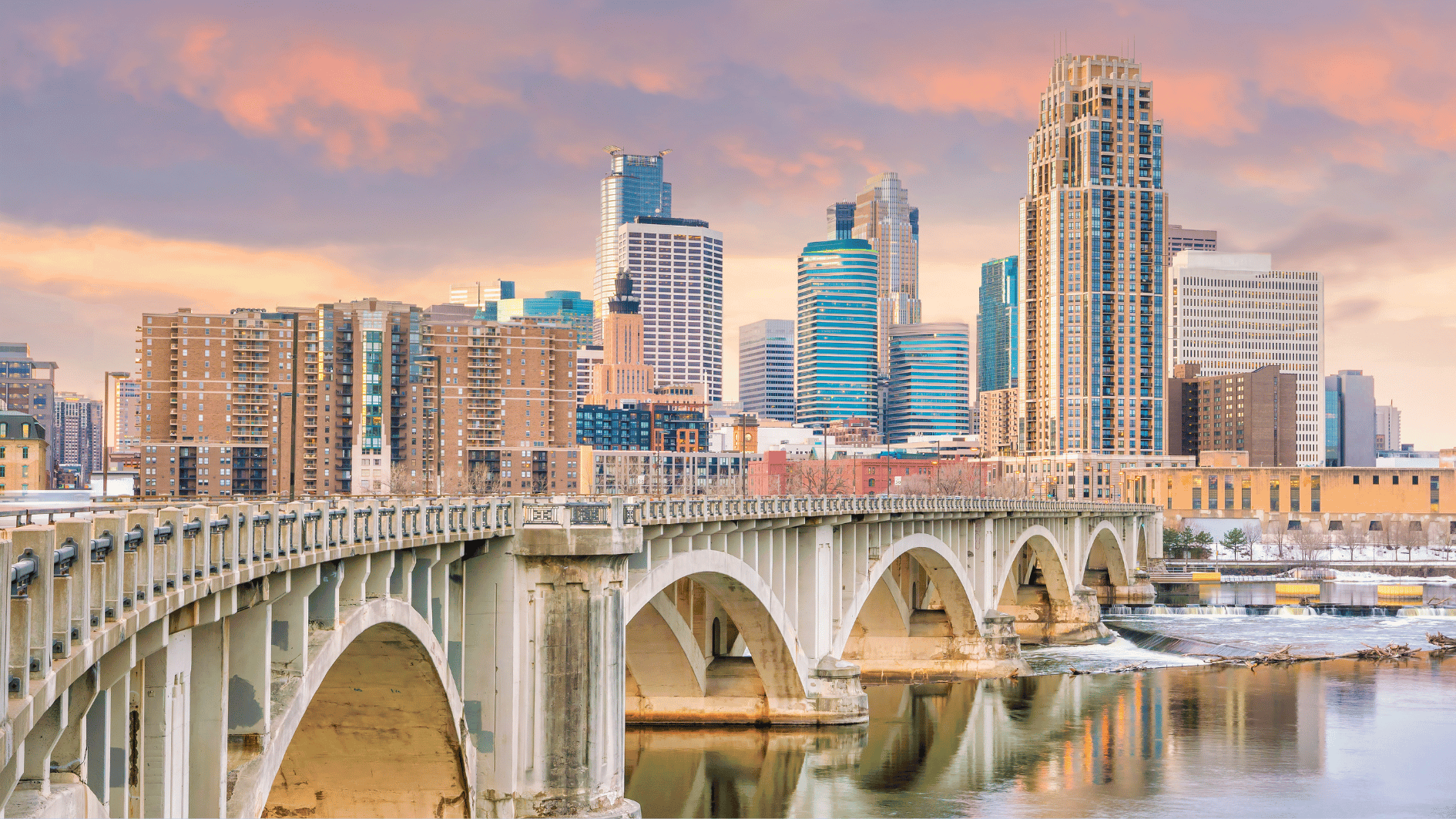News Categories: Solar for Disadvantaged Communities
EPA Restores $7 Billion ‘Solar for All’ Grants After Temporary Freeze
The EPA has reinstated the $7 billion Solar for All grant program, allowing funds to support low-income and disadvantaged communities in accessing solar energy.
Baltimore nonprofit offers free solar panels to cut energy costs
While experts see Baltimore Shines as a positive step, they emphasize the need for broader implementation to significantly impact the city’s energy challenges.
States expand solar access for low-income families in 2025
As solar technology continues to become more affordable and accessible, the momentum for its adoption is expected to grow.
U.S. allocates $365 million for solar and battery systems in Puerto Rico
In recent years, the U.S. government has pledged millions of dollars for renewable energy projects in Puerto Rico.
Solar-powered microgrid to boost energy resilience for tribal community in Minnesota
While federal funding for these initiatives faces uncertainty under future administrations, tribal energy advocates view microgrids as a practical solution to longstanding challenges.
DOE announces conditional loan guarantee for major solar and energy storage project
The project highlights the administration’s dedication to advancing renewable energy access, reducing emissions, and creating high-quality jobs.
Solar fields as biodiversity hubs: agrivoltaics transform farming practices
Moving forward, NREL aims to tailor agrivoltaic practices to the specific needs of diverse agricultural settings, fostering sustainability and resilience across rural economies and ecosystems.
Maryland launches $5 million grant program to boost solar access for underserved communities and businesses
The program aims to promote equitable access to commercial-scale solar systems, fostering partnerships with minority-, veteran-, and disability-owned companies to ensure lasting community impact.
New York’s REACH program to cut electric bills for low-income residents, launch set for 2026
The program will be supported by 40 renewable energy projects, including battery storage, wind, and solar facilities, developed by the New York Power Authority.
New training center brings clean energy opportunities to underserved communities in Minneapolis
The training center offers a 12-week solar installation course, a building science course for energy-efficient home improvements, an HVAC lab, and construction method courses.
Need help choosing a solution for you?
Just create an application, and we’ll help with the selection.











